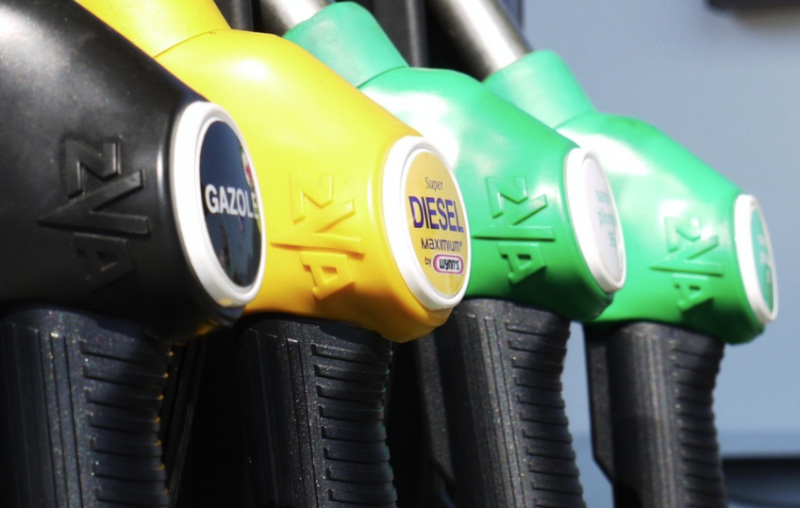
Diesel Fuel: Understanding the Different Types
Diesel engines are in high demand now, due to the high prices of gas. Additionally, diesel fuel is much more efficient, owing to its higher energy content, which stands at around 10% higher than gasoline.
Not only that, diesel is much better as far as safety enthusiasts are concerned, owing to the low probability its fumes have, when it comes to explosion, or ignition.
The regulatory changes that pushed for newer and safer fuels, have resulted in the creation of clean diesel engines. There is high pressure from both governmental agencies, as well as environmental organizations to take older vehicles with conventional diesel fuel burning, off the roads.
Before we get into the types of diesel fuels, let’s look at how diesel fuel is rated.
Rating of Diesel Fuels

Unlike gasoline that is rated based on its octane content, diesel fuels are rated by the cetane content. This signifies how easily it ignites, and how quickly it burns. A higher cetane number equates to higher volatility, and most diesel vehicles operate in the 40 to 55 fuel rating range.
Another important factor in the rating of diesel fuel is its viscosity. This mostly depends on its ability to flow easily, and how thick the fuel is. Most oils, including diesel, get cloudier as the temperature decreases.
Extreme conditions could end up making the fuel into almost a gel, and restrict it from flowing smoothly, which could significantly affect the fuel performance and efficiency.
Standard Diesel Fuel: Do’s and Don’ts
Diesel exhaust cleaning was one of the main purposes behind the strict standards of diesel fuels. Sulfur content was supposed to be as low as 15 parts per million by 2007, while averages before that were as high as 550 parts per million. The low sulfur content is a result of refining the same old fuel.
There are two grades of standard diesel fuels, Diesel#1 (1-D), and Diesel#2 (2-D). Diesel automakers generally specify Diesel #2 for regular driving conditions.
Truckers prefer 2-D for heavy loads over large distances. This is because of the safety blanket if offers over 1-D when it comes to its lower volatility, and its higher fuel economy. At lower temperatures, 1-D is more efficient, since it flows more easily.
Things to Keep in Mind
- Make sure that you don’t confuse the diesel grade fuel ratings with the API categories. Those are used for the categories of oils for diesel engine lubrication.
- Most service stations facilitate the blending of Diesel #1 and Diesel #2, specifically to meet the requirements for smooth driving in local weather conditions.
- For cold weather driving, make sure to choose a diesel fuel that is rated at 10 degrees lower than your expected lowest temperature. Your manual should most probably have the specifics you might require.
- Refueling or topping up on diesel fuel is best done at truck shops, since they have cheaper fresher fuel as compared to service stations. The freshness prevents water vapor contamination that happens in fuel tanks. Old fuel might contain fungi or microbes, which could clog up fuel injectors, and affect filters.
- Try to fill up fuel on Saturday mornings. Commercial trucking is rare, and the worst time to buy is on weekdays. It’s not that easy to maneuver a small vehicle into a line with a bunch of big rigs.
Biodiesel Fuel: The Know How
Biodiesel fuels are derived from agricultural materials. They are widely applauded for their ability to provide a cleaner alternative to the petroleum sources that are slowly depleting, and are quite difficult to replenish quickly.
Although there are different ways that biofuel is visualized, there’s currently only one way to use biofuel diesel in vehicles in the US and Canada, adhering to warranties given by your manufacturer.
This is by using B5, which is 5% biodiesel, and 95% regular diesel fuel. Most blends can go up to 30% biodiesel, but higher blends would need your electronic fuel mapping system to be reprogrammed at the engine control unit (ECU), due to the difference in burning and energy characteristics of biodiesel.

That’s all, on the different types of diesel fuels, and everything you need to know about them. For more, check out Canada Diesel Online.




